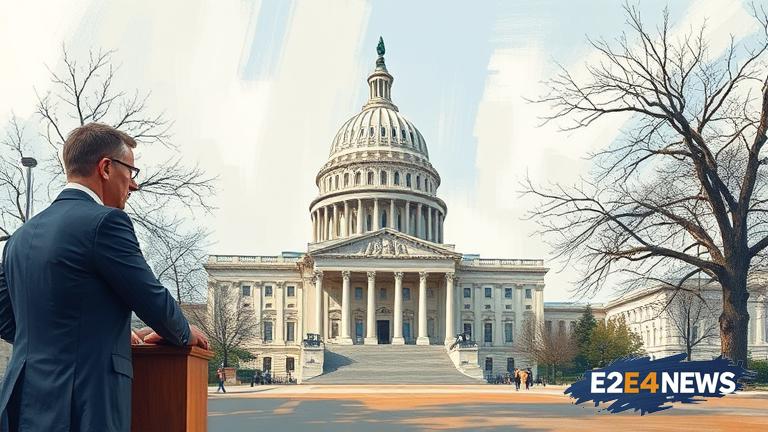The Illinois Treasurer, Michael Frerichs, has expressed his intention to collaborate with state lawmakers in an effort to find alternative solutions to support nonprofits in the state. This move comes after Governor J.B. Pritzker vetoed a bill that was designed to provide financial assistance to nonprofit organizations. The vetoed bill had garnered significant support from both Democrats and Republicans in the state legislature, highlighting the bipartisan nature of the issue. Despite the setback, Treasurer Frerichs remains committed to addressing the financial challenges faced by nonprofits, which play a crucial role in providing essential services to communities across Illinois. Nonprofit organizations in the state are involved in a wide range of activities, including healthcare, education, and social services, making their financial stability a matter of public interest. The original bill aimed to establish a program that would have allowed nonprofits to access low-interest loans, thereby helping them manage cash flow and maintain operational stability. Governor Pritzker’s veto was based on concerns regarding the potential impact on the state’s budget and the need for more comprehensive solutions. In response, Treasurer Frerichs and lawmakers are exploring other avenues to achieve the bill’s objectives, including potential amendments to the original proposal or the introduction of new legislation. The collaboration between the Treasurer’s office and lawmakers is expected to involve stakeholders from the nonprofit sector, ensuring that any future solutions are tailored to meet the specific needs of these organizations. Illinois has a long history of supporting its nonprofit sector, recognizing the vital role these organizations play in addressing social, economic, and environmental challenges. The current effort to find alternative solutions reflects this commitment and underscores the state’s willingness to adapt and innovate in response to evolving needs. As discussions progress, there is an emphasis on creating a framework that not only provides immediate financial relief but also fosters long-term sustainability for nonprofits. This could involve initiatives to enhance fundraising capabilities, improve operational efficiency, and facilitate partnerships between nonprofits and both public and private sector entities. Furthermore, there is a recognition of the importance of leveraging technology and data analytics to better understand the challenges faced by nonprofits and to develop targeted interventions. The engagement of local communities in this process is also seen as crucial, as it ensures that solutions are grounded in the specific contexts and needs of different regions within Illinois. While the veto of the nonprofit bill presented a challenge, it has also served as a catalyst for a broader conversation about how best to support these vital organizations. As Treasurer Frerichs and lawmakers move forward, they are likely to draw on best practices from other states and countries, seeking to create a model for nonprofit support that can be replicated and scaled. The outcome of these efforts will be closely watched, not only in Illinois but also nationally, as states and local governments grapple with how to sustain and strengthen their nonprofit sectors. In the interim, nonprofits in Illinois continue to operate in a state of uncertainty, highlighting the urgency of finding and implementing effective solutions. Despite these challenges, the sector remains resilient, with many organizations exploring innovative strategies to secure funding and deliver services. The commitment of Treasurer Frerichs and the state’s lawmakers to finding a way forward is a positive sign, suggesting that Illinois will continue to be at the forefront of efforts to support and empower its nonprofit community. As the situation evolves, stakeholders will be looking for signs of progress, including the introduction of new legislation or the announcement of alternative programs designed to support nonprofits. Ultimately, the goal is to create a stable and supportive environment in which nonprofits can thrive, contributing to the well-being of communities across Illinois and serving as a model for other states to follow.
